By: Mustafa Umar*
Mr Donald Trump’s inauguration took place on a Friday, the weekly holy day for Muslims. I’d been dreading it: We would have a new president, one who had threatened to shut down mosques and bar Muslims from entering the country. I knew I had to say something to make people feel better about it.
I’m an imam at the Islamic Institute of Orange County. The members of my congregation here were worried: How would their lives change? Would Mr Trump follow through on his promises?
As I prepared myself to head to the mosque that morning, I recalled the sermon I gave three days after the election. In November, the community was panicking. People regularly asked: “Sheikh Mustafa, is it time we leave this country?” One friend from the mosque told me sadly: “I can’t live anywhere else.” I told him that a Muslim prepares for the worst but hopes and prays for the best.
Also Read: The Two-State Solution (Palestine–Israel) in Historical Perspective
Islam teaches us that life is a test of obedience to God and I counselled my community to view Mr Trump’s election as a test of our patience: God wanted to see if we would endure this challenge, or fall into complaining and despair. Islam and the Quran teach us that when we encounter a challenge, we should try to benefit from it. The election, I hoped, could lead us to strive to be better as individuals and to improve society.
Just a few hours after Mr Trump was inaugurated, I stood before a crowd of about 2,000 Muslims from all walks of life, young and old, native-born Americans and immigrants from some two dozen countries.
I reminded them that being a Muslim is about good character. We Muslims shouldn’t allow harsh words to get under our skin. We must not insult people who insult us because of our religion – and we must always be on our best behaviour.
The truth is, Muslims in America are held to a different standard. If, for example, a husband is seen yelling at his wife in a restaurant, people might think that he’s having a bad day, or he’s just a jerk. But if that same man appears to be a Muslim and his wife is wearing a head scarf, fellow diners might assume that the Quran told him to behave that way.
Also Read: Enchanted by K-Dramas, Dragged into Slander: Time for Muslims to Rise!
That’s part of the burden of being Muslim in America today, even more so when those kinds of ideas are put forward by politicians. This situation may not be fair, I would tell the community, but it can present us with an opportunity to improve ourselves.
After the inauguration, our mosque received notes, flowers and gifts. People in Anaheim wanted us to know that despite the messages coming from many voters and from Washington, we were welcome.
One card read: “Having a mosque in my neighbourhood helps make my neighbourhood truly American. I am so proud and so grateful you are here. Please be of good cheer. You are not alone. You have friends. I am one of them.”
I read the card aloud at the end of a sermon and posted it on Instagram and Facebook. This simple gesture gave us hope.
Also Read: Creating Opportunity and Avoiding Misery; Lesson Learn on Waste Recycling Issue
Still, as a leader of a Muslim community, I could see that sometimes the climate of Islamophobia that Mr Trump was creating was challenging believers. More than once over the past year, women in the congregation approached me to ask if they should stop wearing the hijab for fear of being harassed. I didn’t judge them for this, but it made me sad.
We Muslims pray five times a day. Sometimes that means finding a spot in the mall or at a park to perform prayers. But I heard repeatedly from people who no longer felt safe doing so – or had internalised a feeling of shame after being repeatedly associated with extremists. I tried to remind them that there are 1.8 billion Muslims, and 99.99 per cent of them are good, peaceful people.
At the end of January, the President issued his first version of the “Muslim ban”. I went to Los Angeles International Airport to protest with a group organised by a Muslim civil rights organisation. We expected to find maybe a few hundred people there; instead, there were thousands – most of them not Muslims – holding signs that said things like “Muslims are here to stay”. Seeing this kind of support gave me a sense of security and assured me that we would be just fine here in Southern California.
The past year hasn’t always been easy, of course. There have been reports of an increase in hate crimes against Muslims. In November, the President retweeted anti-Muslim propaganda from a British hate group. Last month, the Supreme Court decided to let a new version of the travel ban take effect.
Also Read: Between the Treaty of Hudaybiyyah and Ceasefire in Gaza
But at those disheartening times, I remember – and remind others in the community – of the messages we heard from our neighbours, and those signs at the airport, held by people we’d never met: “Muslims are welcome here.”
*Mustafa Umar is the director of education and outreach at the Islamic Institute of Orange County, California, in America.
*This article published at New York Times and The Strait Times
Mi’raj News Agency (MINA)
Also Read: Peace Cannot Be Achieved Without a Palestinian State





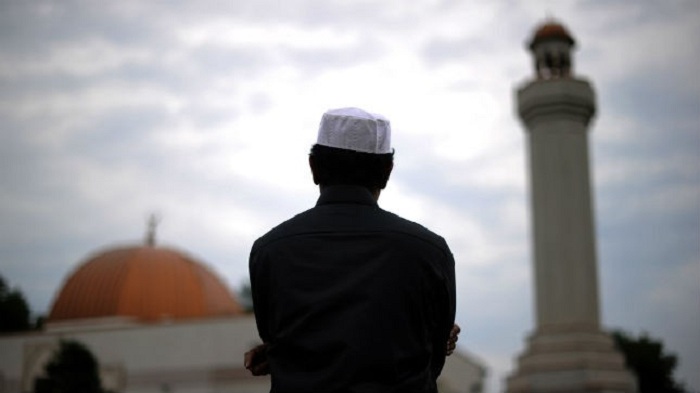


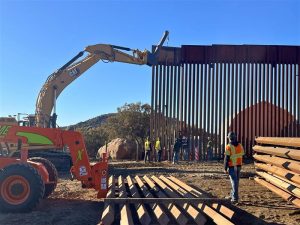



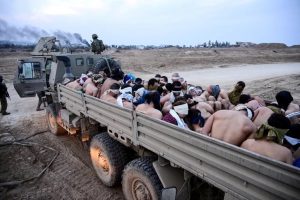
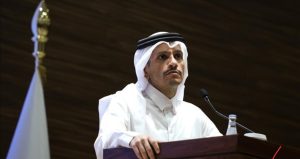


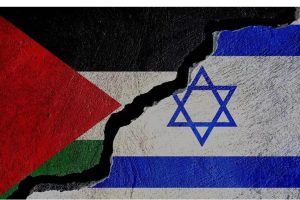
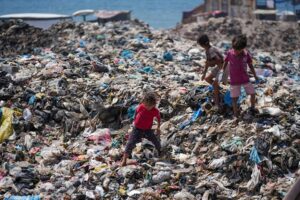
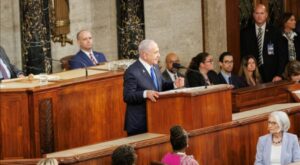
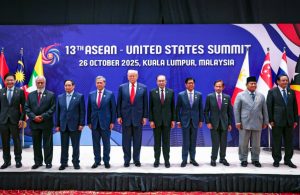
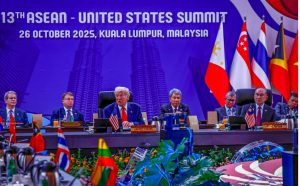
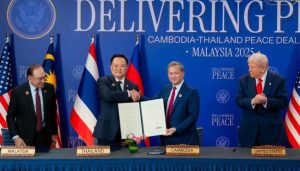






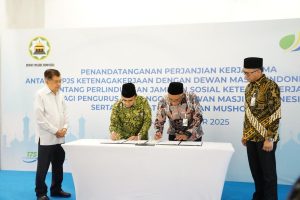
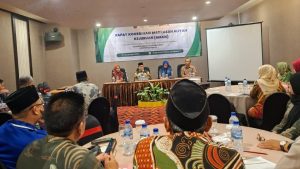
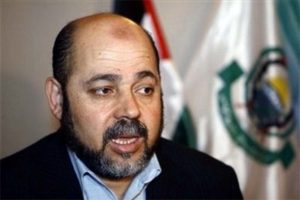




 Mina Indonesia
Mina Indonesia Mina Arabic
Mina Arabic